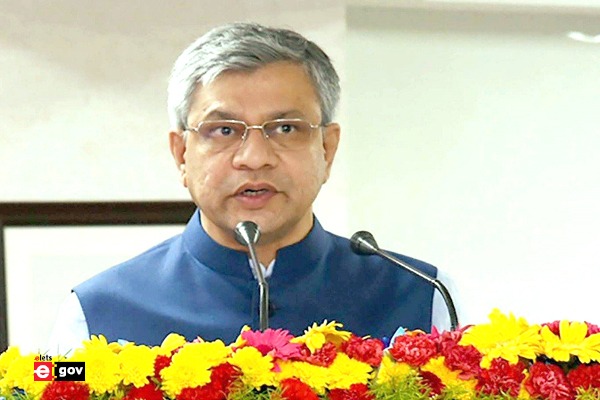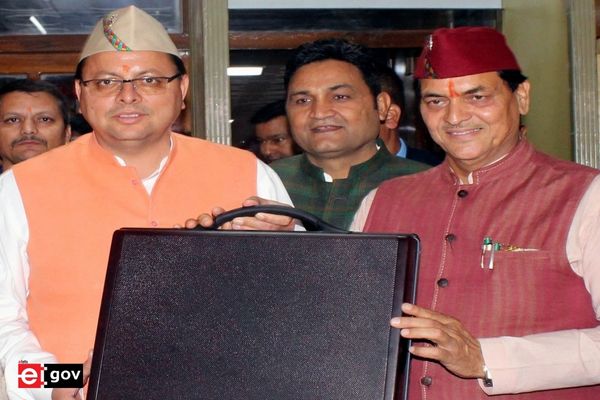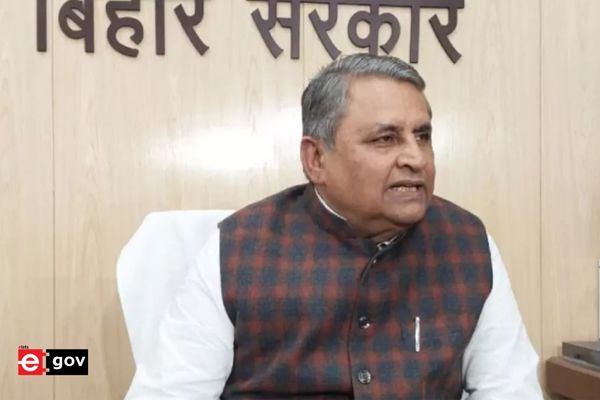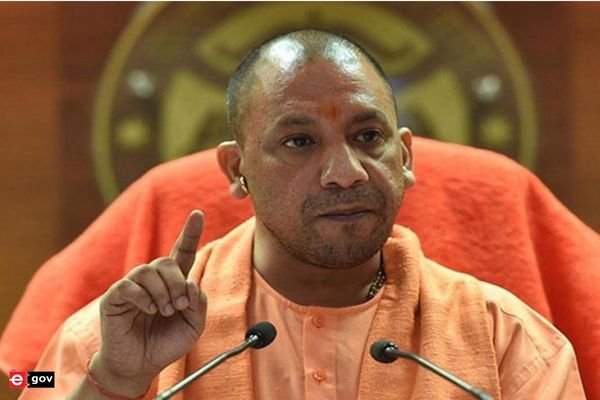
 Being the first budget post the implementation of GST, the entire country has eagerly awaited the changes and actions that the government will be making. The effects of these are as always, far reaching and the real estate industry in particular is as always, very interested in the changes ahead. As the incumbent government presents its last full budget before general elections next year, there is expected to be a focus on rural spending sops for the middle class and first time home buyers, increased government expenditure on infrastructure and social schemes. The past year has seen implementation of various structural reforms such as GST and RERA and the benefits from these will start accruing from the coming fiscal albeit in a calibrated manner. Industry expects rationalization of corporate tax levels to 25% and the salaries class expects various tax sops in terms of increase in exemptions.
Being the first budget post the implementation of GST, the entire country has eagerly awaited the changes and actions that the government will be making. The effects of these are as always, far reaching and the real estate industry in particular is as always, very interested in the changes ahead. As the incumbent government presents its last full budget before general elections next year, there is expected to be a focus on rural spending sops for the middle class and first time home buyers, increased government expenditure on infrastructure and social schemes. The past year has seen implementation of various structural reforms such as GST and RERA and the benefits from these will start accruing from the coming fiscal albeit in a calibrated manner. Industry expects rationalization of corporate tax levels to 25% and the salaries class expects various tax sops in terms of increase in exemptions.
In general, we see a larger push for spending on better infrastructure and highways which is always a welcome move. India has seen immense growth in the past few decades but without the simultaneous improvement of roads, highways and general infrastructure; the country is almost bursting at the seams.
We believe structural reforms of 2017 helped make the industry more consumer-centric. Over the whole of last year, all fly by night operators have left the arena and only large players have survived. These are builders who are looking forward to the budget to come up, with announcements that will provide impetus to this otherwise sluggish industry.

Although when it comes to real estate, we see a focus on more affordable housing and a push in general, to make buying a home easier. This comes as great news to young families and potential homeowners across the country. We expect income tax benefits for those who have taken home loans to purchase properties where builders delay projects. There is to be a provision to deduct the EMI paid in such cases which offers further, much needed protection for buyers. The 2018 budget is set to raise income tax exemption limits thereby providing relief to the middle class and allowing the government to expand further.
Apart from that, in the construction industry, it is a common trade practice for contractors to build an office at the construction site for administrative convenience and effective management. Under GST, such contractors are required to obtain registration for such temporary site offices thereby increasing the compliance burden.

Further, the contractors usually transfer expensive machinery (like boring, drilling, excavation equipment) from one site to another for usage across different states (entity wide). Taxing such trade movements coupled with impractical registration requirements has added to the compliance woes of the sector.
While the Government intends to foster the ideology of an efficient and effective tax structure, realty sector is one sector which has been adversely impacted on account of long standing and unresolved tax issues.
Overall, the expectations from the budget are that the government will push ahead with its structural reforms implementation even as they balance this with support to employment initiatives and various social programs for rural India. With a combination of reforms that will both mobilize infrastructure growth and allow for a reduction in tax burdens are welcome changes that we feel will push the Indian economy ahead, quickly.
(Views expressed in this article are of Nibhrant Shah Founder & CEO of Isprava)
Be a part of Elets Collaborative Initiatives. Join Us for Upcoming Events and explore business opportunities. Like us on Facebook , connect with us on LinkedIn and follow us on Twitter, Instagram.











